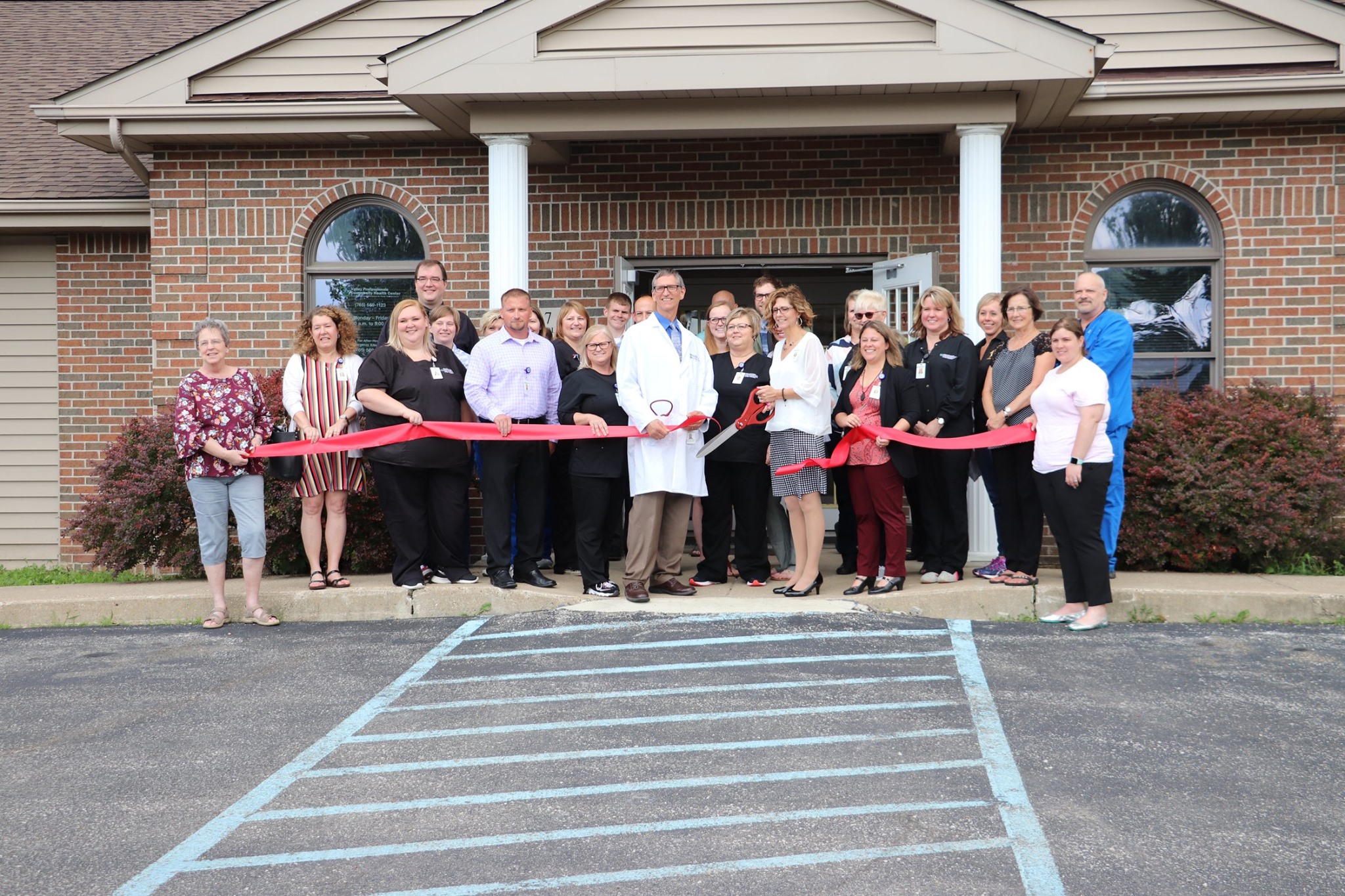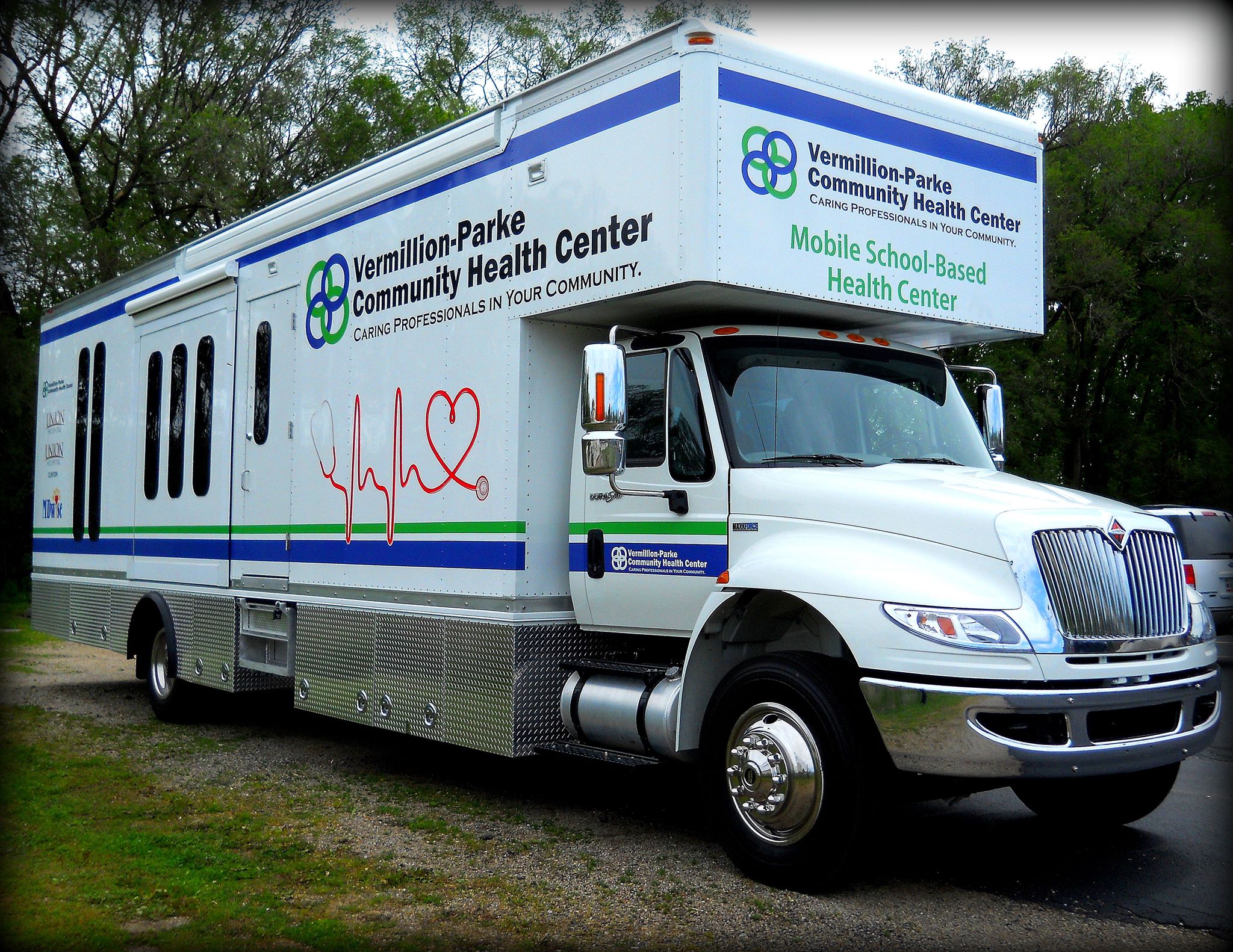April is Testicular Cancer Awareness Month. It is not clear to researchers what causes testicular cancer, but it most commonly occurs in men ages 20-35 years old. Even though it is highly treatable, it is still important to know the warning signs. One of the most important things men can do to protect themselves from this type …
April is Testicular Cancer Awareness Month. It is not clear to researchers what causes testicular cancer, but it most commonly occurs in men ages 20-35 years old. Even though it is highly treatable, it is still important to know the warning signs.
One of the most important things men can do to protect themselves from this type of cancer is to know their risk factors. Risk factors for testicular cancer include cryptorchidism, which is undescended testes, even if this has been surgically corrected. Other risk factors include a family history of testicular cancer and being Caucasian.
While there is not a certain clinical test or prevention for testicular cancer, performing self-testicular exams can lower the risk of advanced stages of cancer going unnoticed. Any concerns about testicular cancer should be discussed with a healthcare provider. Here’s some good news: testicular cancer is highly treatable, even in more advanced stages. The five-year survival rate is greater than 94%.
Treatment for testicular cancer may include a testicular biopsy (tissue sample) and/or total removal of the testicle. Treatment depends on the stage (severity) of the disease. Testicular Cancer Awareness Month aims to spread awareness about the disease and open the dialogue for men to discuss any concerns with their provider immediately.
By: Katie Sullivan, FNP
References:
https://www.aacr.org/patients-caregivers/awareness-months/testicular-cancer-awareness-month/
https://www.mayoclinic.org/diseases-conditions/testicular-cancer-care/symptoms-causes/syc-20352986
Book a Consultation
It’s easy and free!






















